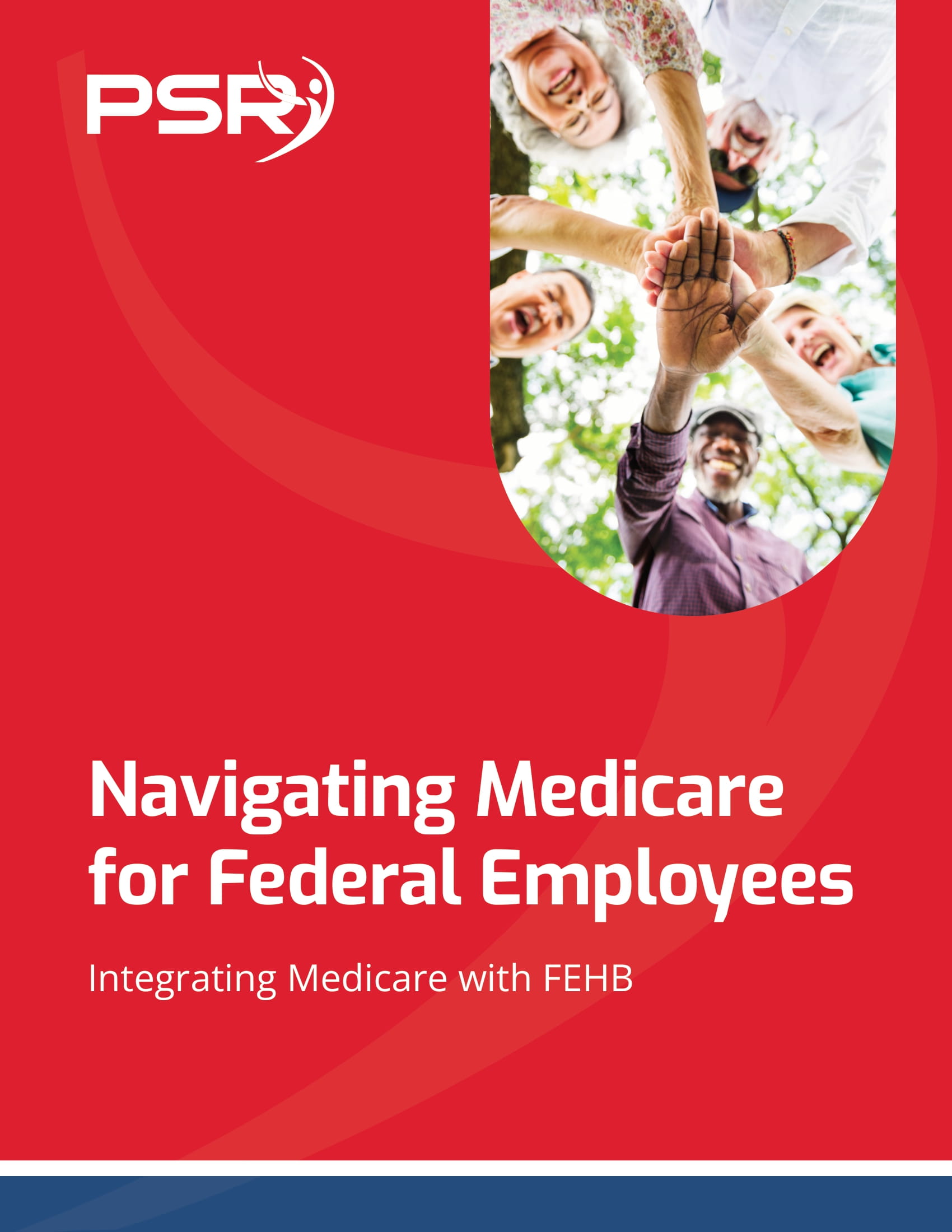 There are some things you might overlook about your Will particularly if you have a surviving spouse. If you decide to exclude your surviving spouse from your Will, he/she might still have a right to inherit a part of your property. Make certain you check to see what the laws are in your state.
There are some things you might overlook about your Will particularly if you have a surviving spouse. If you decide to exclude your surviving spouse from your Will, he/she might still have a right to inherit a part of your property. Make certain you check to see what the laws are in your state.
If you own property jointly with someone else, upon your death, the property will automatically revert to the other joint holder; irrespective of what you might say in your Will.
- Also Read: Divorce and Your Federal Pension—What Happens When You Split Assets and How It Could Affect Your TSP
- Also Read: What Happens to Your Federal Benefits After Divorce? Here’s the Lowdown
- Also Read: The Best FEHB Plans for 2025: Which One Fits Your Lifestyle and Budget the Best?
The Need for a Trust
It might be a good rule of thumb to create a trust if you have minor children that will inherit your estate. The law prohibits minors from inheriting directly from you. A trustee would be appointed to handle the affairs of the minor children until they reached the age of maturity. You can specify the age at which you want the child/children to receive their inheritance.
When choosing an executor it is important to consider a number of things in order to make sure your wishes will be carried out as you desire. Make sure the person you choose is willing and able to carry out your wishes and will handle your estate properly. Depending on the size of your estate, you might want to choose someone who has the financial and legal acumen to properly handle your estate and in accordance with the rules, laws and regulations of the state where you lived. Don’t be hesitant about pairing someone else with an attorney like a family member or a close and trusted friend. The estate belongs to you and you can design it in a way that brings you the greatest amount of comfort and satisfaction.
As a Federal employee, the benefits you will taken into retirement or otherwise will not be bound by your Will. The Federal Government structured itself in such cases to distribute your assets, if no beneficiary is named, by an established Order of Precedence. The government did not think it prudent for your family or the government to have your assets, needed by your family, tied up in probate for lengthy periods of time.
P. S. Always Remember to Share What You Know.
Related Articles











